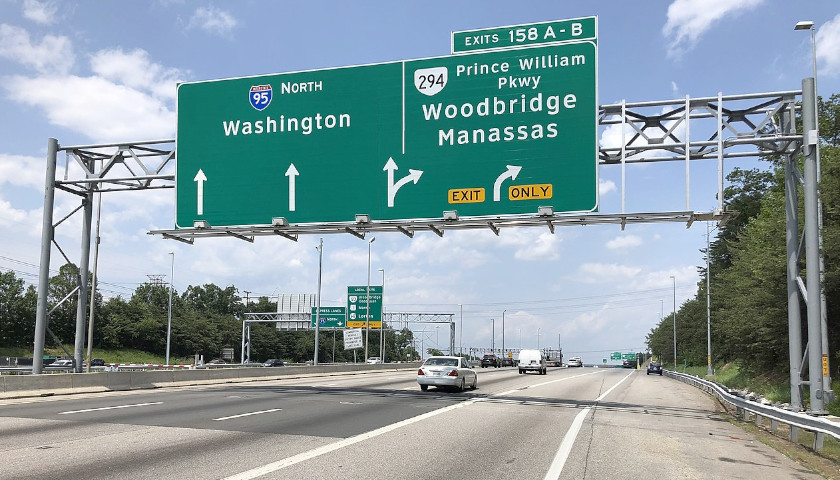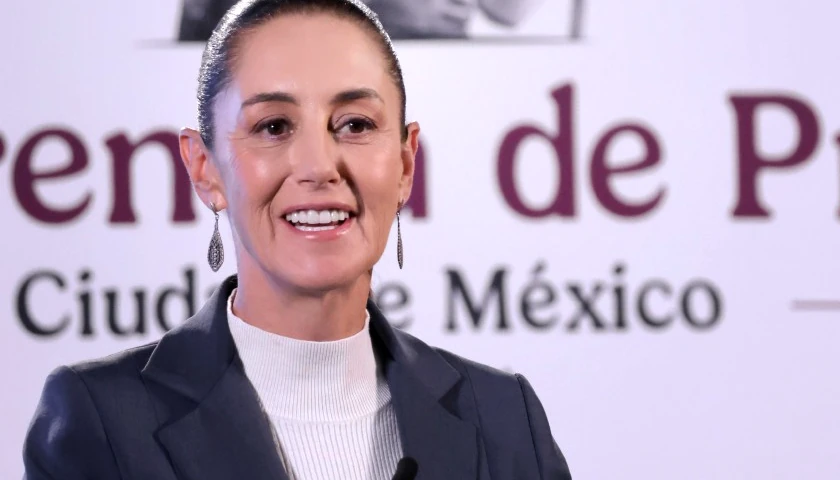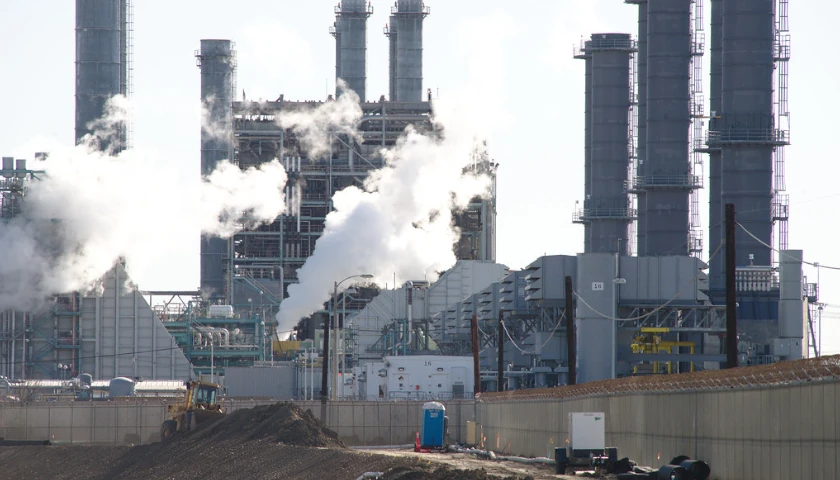by Morgan Sweeney
A ribbon cutting this week will commemorate something that Stafford County residents and D.C.-area commuters have long awaited – sometimes impatiently, while cursing out their car windows: The opening of approximately 10 miles of express lanes along the infamously congested I-95 corridor.
The District of Columbia was ranked the eighth-worst American city for traffic in U.S. News & World Report’s 2022 rankings and has ranked second-worst in the past. And the southbound stretch of I-95 is chief among D.C. roads notorious for gridlocks and traffic delays, according to the National Capital Region Transportation Board.
Prior to the construction being completed, the corridor between Fredericksburg and D.C. had only three lanes in each direction. The express lanes will function as northbound toll roads in the mornings when commuters drive into D.C. and southbound toll roads in the evenings when commuters return home.
Carpooling travelers will not have to pay a toll.
The project has not required significant public investment, as road operator Transurban – which also manages the I-395 and I-495 express lanes – has taken on the project’s funding and execution. The total expected cost is $670 million.
“The commonwealth incurs some costs in the oversight of the project, but not in the asset itself,” said Jacqueline Woodbridge, a spokesperson for the company.
Transurban says the lanes will “provide 66% more capacity during peak periods and will move 30% more people and 23% more vehicles compared to [its prior] condition.”
The I-95 express lanes Fredericksburg extension, coined “Fred-Ex,” will open at 10 pm on Thursday. The extension currently only has access points near the Garrisonville Road interchange and at its southern terminus, but two additional access points will be added later this year.
“The project has a phased approach to get more people moving faster, sooner,” Woodbridge said. “Construction is continuing during the mainline opening to complete the last two access points.”
Baruch Feigenbaum, senior managing director of transportation policy at the Reason Foundation, shared his thoughts on the extension with The Center Square, explaining that traffic in the corridor is a more complicated problem than it was decades ago when traffic was more one-sided and only heavy during the week. Now, managed lanes perpetually operating in both directions would be most convenient for drivers, but that’s harder said than done, according to Feigenbaum.
“That runs into some challenges with costs, with right of way, and with engineering and geometric design. Given the challenges in the corridor, this was the best solution,” Feigenbaum said.
– – –
Morgan Sweeney is a staff writer covering Virginia and Maryland for The Center Square. Morgan was an active member of the journalism program as an undergraduate at Hillsdale College and previously freelanced for The Center Square.
Photo “I-95 in Virginia” by Famartin. CC BY-SA 4.0.








